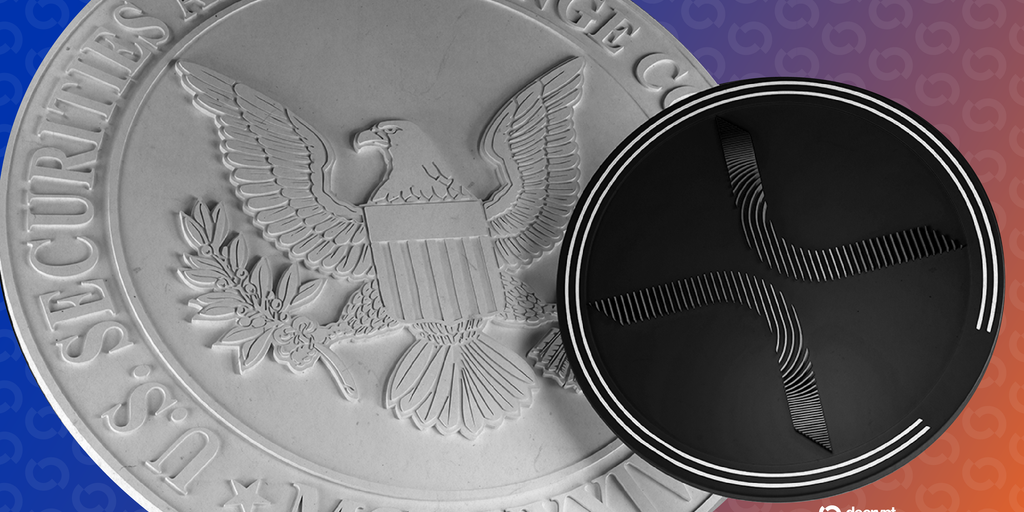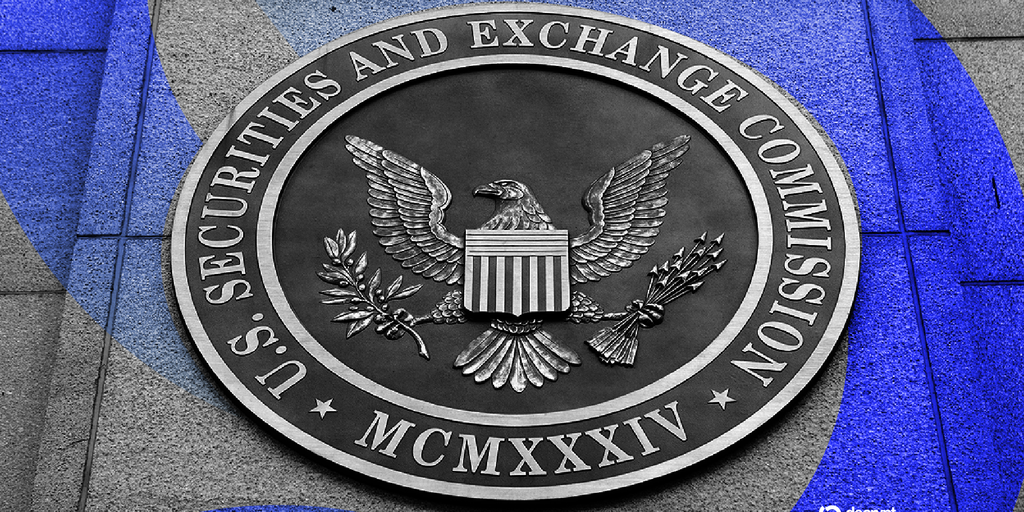Philippines Enacts Sweeping Crypto Rules, Mandates Licensing and Capital Requirements
Crypto-asset service providers (CASPs) in the Philippines must obtain licenses and comply with strict disclosure requirements under a new digital asset framework. CASPs are required to register as local corporations with a minimum paid-up capital of ₱100 million (US$1.8 million) and maintain physical offices. They must segregate customer assets from corporate holdings and submit regular operational reports. Documentation on any digital asset issued must detail its features, risks, and underlying technology. The SEC's guidelines aim to regulate a previously unregulated market valued at approximately $107 billion. However, the new rules may pose short-term compliance challenges, particularly for smaller firms. Requirements include storing customer data within the Philippines, complicating operations for international players. CASPs will be subject to oversight by the SEC and the Anti-Money Laundering Council, with operational mandates like transaction monitoring, KYC procedures, and quarterly reporting. The regulatory framework is seen as a step toward mainstream crypto adoption in the country.
















